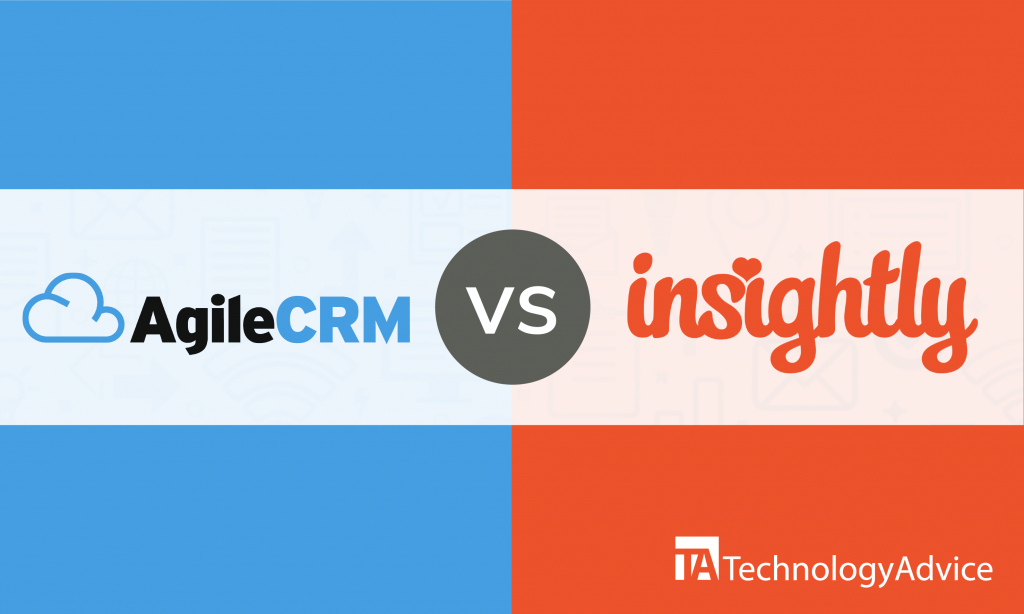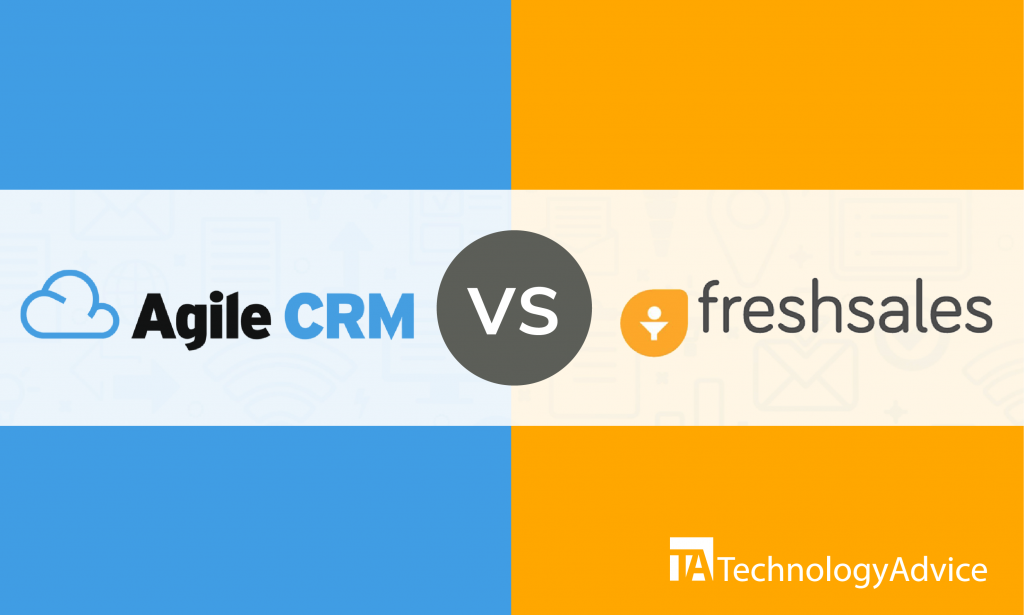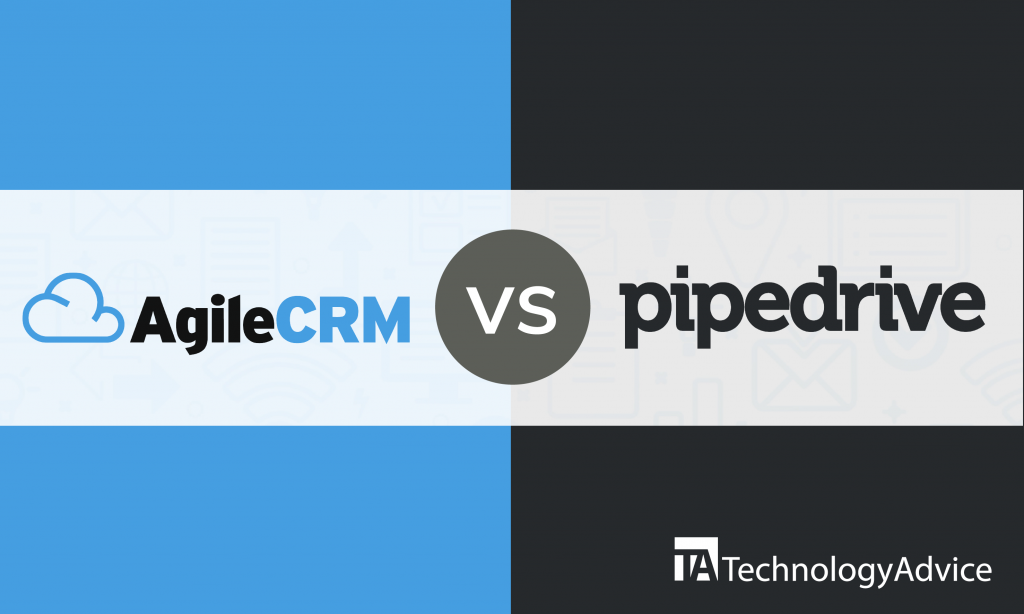Customers are the most important asset of any business. However, in the past, they were not given much importance, especially in terms of the safekeeping of their information. In fact, customer information was scattered everywhere including in email inboxes, in cellphone contacts lists, and in stacks of invoices. Thankfully, with the advancement of technology and the recognition of customer importance to a company’s growth, businesses now organize all their customer data in a customer relationship management (CRM) software.
As we always aim to provide you with important insights into the best CRMs to use for your business, here is a comparison of two popular software — Microsoft Dynamics CRM and Hubspot CRM.
Of course, neither Microsoft Dynamics nor Hubspot is the only option for flexible and extensible CRM software. If neither of these systems have what you’re looking for, or you’re still looking around, use our Product Selection Tool to get free reviews, recommendations, or to compare tools.
Please note that some of the links in this article are affiliate links and at no additional cost to you, we will earn a commission.
Overview
Dynamics 365 CRM is cloud-based CRM software that provides integrated solutions that enable businesses to improve operations, drive sales, and track leads, among others. Its system of apps functions as a package or independently. It can be adjusted to function together as your company grows. Like other CRM software, it can be integrated into various applications which include Word, OneNote, Lync, SharePoint, and Outlook. Best of all, it enables teams to collaborate in Yammer and add their colleagues to their projects and meetings.
HubSpot has been making a name in the software industry for the past several years. Its free CRM software is suitable for small to medium-sized businesses. It has an easy-to-use user interface and integrates well with other HubSpot products. It is also a certified, premier Google partner that is not as complicated as most other CRMs. Most importantly, HubSpot lets you create beautiful company pages and contact profiles and organize every detail of your customers’ information.
Features for Dynamics 365 vs. Hubspot
Let us look at the features of both software choices and compare their targets and capabilities, as well as their usefulness to your business. Though both have numerous features, you need the software that has features that suit your business’s unique needs.
Dynamics 365 CRM has at least four main features, the D365 Sales module, D365 Marketing, D365 Customer Service, and D365 Project Service Automation.
- D365 Sales allows full view of the interactions you have with your clients. It’s also helpful in making sure that you are able to forecast your future interactions with them.
- D365 Customer Service helps you make sure you are responding to your customer’s complaints, warranty claims, returns of items, and other concerns.
- D365 Marketing enables your business to create ways to retain your customers, such as nurture campaigns, and attracts new customers to your business.
- D365 Project Service Automation provides assistance in time entry, resource scheduling, and expense submission.
HubSpot has three modules. Sales Hub, Service Hub, and Marketing Hub.
Marketing Hub has features that include marketing automation, email marketing, analytics, lead management, website management, blogging, social media management, landing page management, SEO listening, SEO, and Ad Management.
Read also: SugarCRM vs Salesforce: The CRM Battle Rages On
Sales Hub’s features include document tracking, email management, live chat, meet scheduler, sales automation, call queuing, reporting, and sales automation. Service Hub provides insight into customer interactions, feature requests, and service issues that meshes seamlessly with other HubSpot features.
HubSpot is also capable of storing up to 1 million contacts and company records through email addresses, form submission, and inboxes. Additionally, it lets your company track emails with the option for a customized or automated email campaign. HubSpot also notifies you once a lead opens an email, downloads a document, or clicks on a link.
Pricing
Pricing is another important consideration when choosing a CRM software.
Dynamics 365 doesn’t have a free trial; users need to subscribe to it to try out its services, which are available in four pricing schemes: The Dynamics 365 Plan, the Unified Operations Plan, and the Customer Engagement Plan. For special applications and offers, you need to buy them at a per user/per month additional fee.
HubSpot, on the other hand, is a freemium software. This means that its core CRM features are free of charge, but there are add-ons that you need to pay for. If you want a paid account with premium features, you can choose from the subscription options: Starter, Professional, and Enterprise, which starts at $2,400/ month.
Integrations
Dynamics 365 has integrations with most other Microsoft products such as Outlook, SharePoint, PowerBI, Excel, Yammer, OneDrive, and OneNote.
Meanwhile, HubSpot has its own hub called the ‘HubSpot Connect’ which contains all of its integrations. You will need to do additional research to know whether HubSpot Connect includes all your most important integrations.
Which is best?
Based on the above details, we can say that both software are competent and provide useful services inherent to any CRM software. So, instead of asking which one is better, it is better to ask which one you think your company needs. Then, you’ll be able to better decide which one is for you.
Want more CRM software options? Use our Product Selection Tool.





